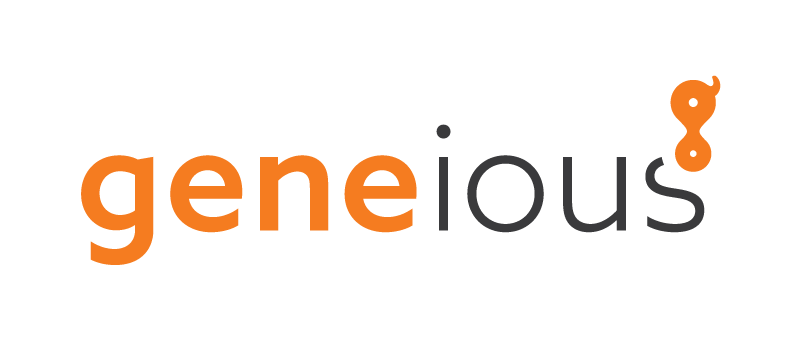Team:UCSC/Bioethics
From 2014.igem.org
| Line 229: | Line 229: | ||
<p style= "padding-left: 15px"><font color= "SteelBlue"><font size = "3"> One aspect of our ethical research revolves around the social, economic and political implications of our iGem project. Creating a biofuel that could make the U.S. energy independent will have vast effects on global politics due to its impact on the social and economic structure of energy production. To conduct our project ethically, we found that it was necessary to investigate these effects. These ethical investigations have provided guidance in how to pursue energy independence in a socially responsible way.</p> | <p style= "padding-left: 15px"><font color= "SteelBlue"><font size = "3"> One aspect of our ethical research revolves around the social, economic and political implications of our iGem project. Creating a biofuel that could make the U.S. energy independent will have vast effects on global politics due to its impact on the social and economic structure of energy production. To conduct our project ethically, we found that it was necessary to investigate these effects. These ethical investigations have provided guidance in how to pursue energy independence in a socially responsible way.</p> | ||
<p style= "padding-left: 15px"><font color= "SteelBlue"><font size = "3">iGem Ethics Surveys - Matthew Waldron Research Summary</p> | <p style= "padding-left: 15px"><font color= "SteelBlue"><font size = "3">iGem Ethics Surveys - Matthew Waldron Research Summary</p> | ||
| - | <p style= "padding-left: 15px"><font color= "SteelBlue"><font size = "3"></p> | + | <p style= "padding-left: 15px"><font color= "SteelBlue"><font size = "3">As an ethicist assisting a scientist, or anyone for that matter, the primary objective is to bring unity to or establish a relation between their actions (in this case scientific work) and the values or ends in which they cherish most. Therefore we saw it necessary to determine these core values via an anonymous questionnaire. The questions were created with the intention of revealing not only to us, but also to each participant taking the questionnaires, the full extent of their moral dimensions regarding their work. </p> |
<p style= "padding-left: 15px"><font color= "SteelBlue"><font size = "3">(see Bioethics pull down tabs from home page for full articles)</p> | <p style= "padding-left: 15px"><font color= "SteelBlue"><font size = "3">(see Bioethics pull down tabs from home page for full articles)</p> | ||
Revision as of 03:03, 18 October 2014
Bioethics




Our bioethics team is worked on researching the potential socio-economic, environmental, and safety concerns of iGEM projects.

Some of the bioethics team visiting the lab space to discuss and see ongoing research which was part of how we helped to bridge understanding between the disciplines of science and humanities.
From left to right, Matthew Waldron, Manuel Avalos, both undergraduate humanities students on the team,
and Ethics Advisor Professor Sandra Dreisbach
Not pictured are our Philosophy post-grad James Sutter and undergraduate humanities researcher Breeann Macdonald
Overview of Bioethics Team Work
The bioethics team examined the ethical dimensions of our iGem research project. Throughout the process undergraduate ethics students and the faculty ethics advisor worked as a part of the iGem team and discussed with the team ongoing ethical nuances of the project. This allowed our team to not just look at the ethical goals of the research but also to have an interdisciplinary perspective of the work throughout the development process from start to finish. Unlike typical ethical assessments where ethics is a judgment of the research after the fact, our ethical work was a part of conducting the research itself.
Bioethics Team work at UCSC Meetup
Part of the goal of the bioethics team was to help engage the larger iGem community in the ethical issues involved in their research and with the larger values involved with undergraduate research and iGem. As a part of addressing this we hosted several guest talks around ethics at our meetup including presentations by Lynn Rothchild, David Bernick and Rebecca DuBois. We also engaged everyone in the meetup in discussing ethical concerns raised after the talks with an ethics panel discussion with featured guest lecturers and faculty ethics advisor Sandra Dreisbach. Student iGem particpants posed engaging questions to the panel and an open discussion of ethical issues in their research and iGem took place. We also asked student participants to participate in anonymous survey inquiring on how they felt about ethics and synthetic biology in general and the ethical value of their research in particular. Some of the results of these surveys are discussed in Matthew Waldron's research article below
Bioethics Team Research Articles
Environment - Manuel Avalos Research Summary
Socio-Economic - Breeann MacDonald Research Summary
One aspect of our ethical research revolves around the social, economic and political implications of our iGem project. Creating a biofuel that could make the U.S. energy independent will have vast effects on global politics due to its impact on the social and economic structure of energy production. To conduct our project ethically, we found that it was necessary to investigate these effects. These ethical investigations have provided guidance in how to pursue energy independence in a socially responsible way.
iGem Ethics Surveys - Matthew Waldron Research Summary
As an ethicist assisting a scientist, or anyone for that matter, the primary objective is to bring unity to or establish a relation between their actions (in this case scientific work) and the values or ends in which they cherish most. Therefore we saw it necessary to determine these core values via an anonymous questionnaire. The questions were created with the intention of revealing not only to us, but also to each participant taking the questionnaires, the full extent of their moral dimensions regarding their work.
(see Bioethics pull down tabs from home page for full articles)
 "
"